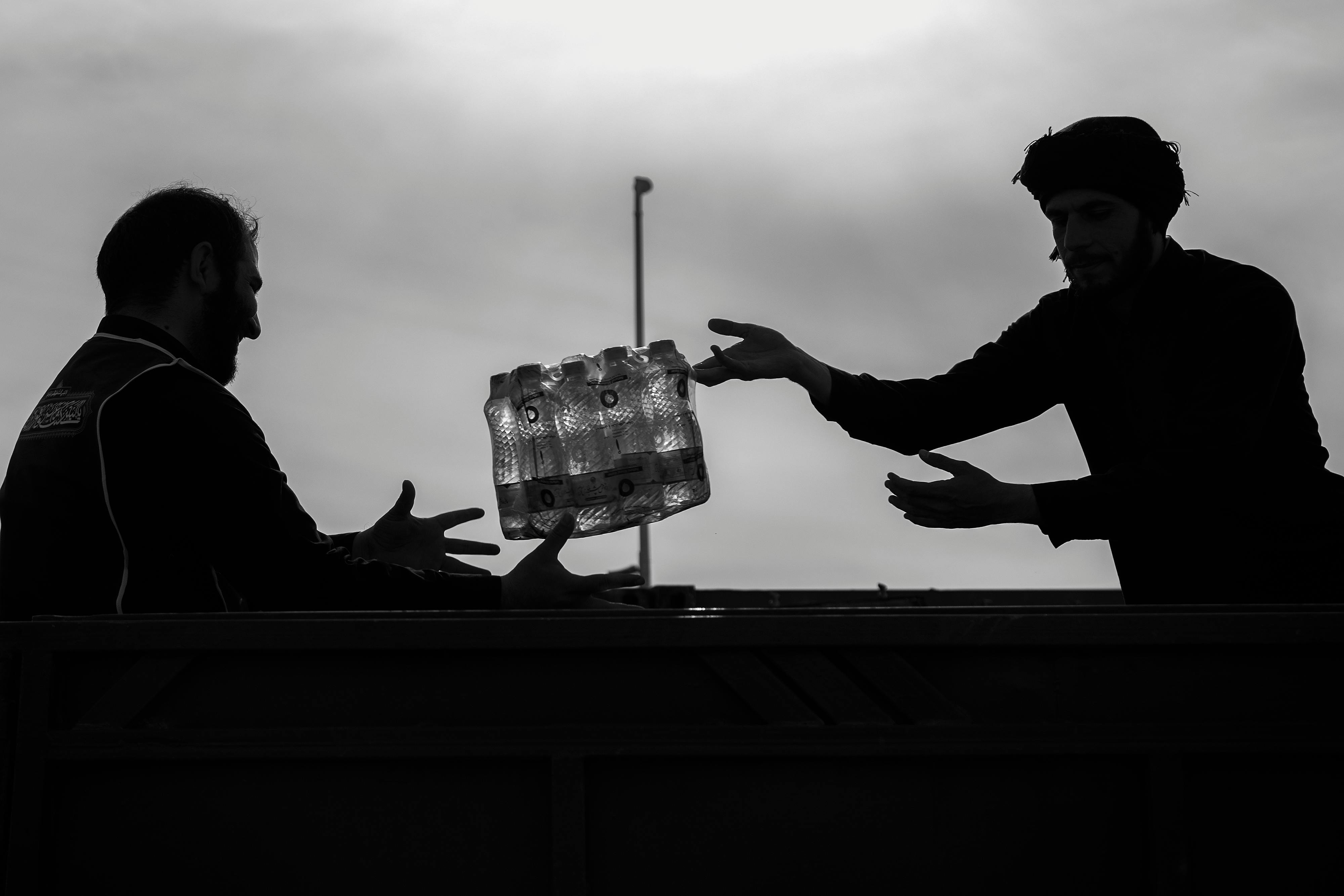Distillation is a process that is used in many different industries and everyday life. It is the process of separating a mixture into its components by using differences in the boiling points of those components. This can be done on a large scale in the chemical industry, for example, to purify chemicals or to produce gasoline. But it can also be used in everyday life, such as for making alcoholic beverages or even for purifying water. In this article, we will discuss where distillation is used in everyday life and how it works.Distillation is a process of separating liquids by heating and cooling them to different temperatures. It is used to purify and separate liquids with different boiling points. Distillation is used in everyday life to purify drinking water, make alcoholic beverages, produce gasoline, refine petroleum, and create essential oils. It can also be used to separate essential oils from plants to create perfumes and flavorings for food.
Uses of Distillation in the Home
Distillation is a process that can be used to separate liquids and gases from solids. It is often used in the home for a variety of purposes, including purifying water, making essential oils, and even brewing beer. Here are some of the ways that distillation can be used in the home.
One of the most common uses of distillation in the home is for purifying water. This is especially important if there are contaminants in the water that cannot be removed through other methods, such as boiling or filtering. By using distillation, it is possible to remove substances like lead, chlorine, and other dissolved solids from drinking water.
Distillation can also be used to make essential oils. Essential oils are concentrated extracts of plants that have a number of uses, including as fragrances and as medicinal treatments. To make essential oils at home, the plant material must first be distilled to separate the oil from any other substances present. This can be done using either steam or water distillation methods.
Finally, distillation can also
Uses of Distillation in Food and Beverage Production
Distillation is an important process used in the production of a variety of food and beverage items. It is a separation process that involves heating a liquid mixture to boiling, then cooling it so that the mixture separates out into its component parts. This process is commonly used in the production of alcoholic beverages, essential oils, and food additives.
Distillation is used to create alcohol from fermented grain mash and liquid extracts from hops, fruits, spices, herbs, and other plants. Distilled alcohols include vodka, whiskey, gin, rum, tequila, brandy, and other popular drinks. In addition to distilling alcoholic beverages for consumption, distillation can also be used to extract essential oils from plants for use as flavorings or ingredients in cosmetics or medicinal products.
Distillation can also be used to purify water for human consumption or industrial use. It can remove particulates such as dirt and bacteria as well as reduce levels of salts and other minerals that make water unsafe to drink. The distillation process produces pure water with no contaminants or impurities that can cause health problems if consumed.
In addition
Uses of Distillation in Pharmaceutical Manufacturing
Distillation is a common process in pharmaceutical manufacturing, used to separate complex mixtures or purify individual components. This process involves the separation of liquids based on their different boiling points. Distillation is useful for producing high-purity products and can be applied to a wide range of materials including pharmaceutical intermediates, active pharmaceutical ingredients (APIs), and other components used in the manufacture of drugs.
Distillation is used to ensure that the final product meets the required purity levels according to regulatory standards. It also allows for efficient production of large volumes of product with minimal waste and reduces potential contamination from impurities present in raw materials. The process involves heating a mixture until its components vaporize, followed by cooling and condensing the vaporized components so that they can be collected separately.
The type of distillation process used depends on the type of material being processed as well as the desired purity levels. Common types of distillation include fractional distillation, short-path distillation, vacuum distillation, and steam distillation. Each method has its own advantages and disadvantages and requires careful
Uses of Distillation in Petroleum Refining
Distillation is an essential process used in petroleum refining. It is used to separate components of crude oil into different fractions based on their boiling points. These fractions have various uses, such as for the production of gasoline, solvents, lubricants, and other industrial products. The process of distillation involves heating the crude oil until it vaporizes, and then condensing the vapors into liquid fractions. This process is repeated multiple times until all the desired components are separated. The fractions that are produced can then be further refined to create specific products.
Distillation is also used to remove unwanted compounds from the crude oil before it is processed further. This includes sulfur compounds and other contaminants that can cause damage to downstream equipment or produce harmful emissions when burned. By removing these impurities through distillation, petroleum refiners can create higher quality fuels with fewer pollutants.
In addition, distillation can be used to recover valuable chemicals from crude oil. These chemicals can be used in a variety of applications, including as feedstocks for the production of plastics and other materials.

Uses of Distillation in Industrial Chemistry
Distillation is an important process used in industrial chemistry for the separation of mixtures of liquids. It is used to purify liquids and to produce high-purity products. Distillation is also used for the production of various chemicals, including solvents, fuels, and pharmaceuticals.
The distillation process involves boiling a mixture of liquids and collecting the vapors that are produced during the process. These vapors are then condensed into a liquid form and collected in a separate container. The distillate can then be further purified by fractional distillation or other techniques.
Distillation is also used to separate components from a mixture by exploiting their different boiling points. In this process, components are separated based on their volatility, which is determined by their boiling point. The higher the boiling point, the more difficult it is to vaporize the component, and thus it will remain in the liquid phase after distillation.
Another use for distillation in industrial chemistry is for producing high-purity compounds from crude mixtures. This can be done by fractional distillation, which involves passing the mixture through a series
Distillation
Distillation is a process used to separate liquids from their impurities. It is an essential and widely used technique that has many benefits for a variety of applications. The main benefit of distillation is that it can be used to purify liquids, allowing them to be used as feedstock for other processes or as products in their own right. Additionally, distillation can be used to separate different components in a liquid mixture, allowing for the production of targeted compounds. Finally, distillation can also be used to concentrate liquids, making them more suitable for use in certain applications.
At its most basic level, distillation involves heating a liquid mixture until it evaporates, leaving behind any impurities or contaminants that cannot vaporize. The vaporized liquid is then condensed back into a more pure form and collected in a separate container. This process can be repeated multiple times to obtain higher levels of purification and concentration if needed.
The primary benefit of distillation is that it can be used to produce high-purity liquids with minimal contamination and impurities. This makes it ideal for use in applications such as pharmaceuticals
Limitations of Distillation
Distillation is a common method used in many industries to separate liquids and solids from mixtures. It is widely used to purify water, separate components of crude oil, and refine other liquids. While distillation is a useful technique, it has some limitations that should be taken into account when considering its use.
One limitation of distillation is that it can only be used to separate two substances that have different boiling points. This means that if two or more substances have similar boiling points, they cannot be separated using distillation. Additionally, the boiling points of the substances must not overlap for successful separation to occur.
Another limitation of distillation is that it does not work for mixtures with a large range of boiling points. In these cases, other processes such as fractional distillation must be employed in order to achieve successful separation. Additionally, some substances may evaporate before they can be collected during the process, resulting in incomplete separation.
Finally, there are some impurities that cannot be removed through distillation due to their low volatility or high boiling point. In these cases, alternative methods such as adsorption or solvent

Conclusion
Distillation is a process that is used in everyday life for a variety of purposes. It is used to separate different components of liquids, purify water, and to extract essential oils from plants. Its wide range of applications makes it a valuable process in many industries, such as food and beverage production, medicine, and the manufacturing of chemicals. Distillation also has important uses in the home, such as removing impurities from drinking water and producing alcoholic beverages. Distillation has been an integral part of human life for centuries, and it continues to play an important role in many aspects of modern life.
Clearly, distillation is a key part of everyday life that has many useful applications. It can be used to purify air or water, separate liquid mixtures, or extract essential oils from plants. Its versatility makes it an invaluable process in many industries and households alike. Although distillation has been around for centuries, its importance is still growing as more uses are discovered each year.

